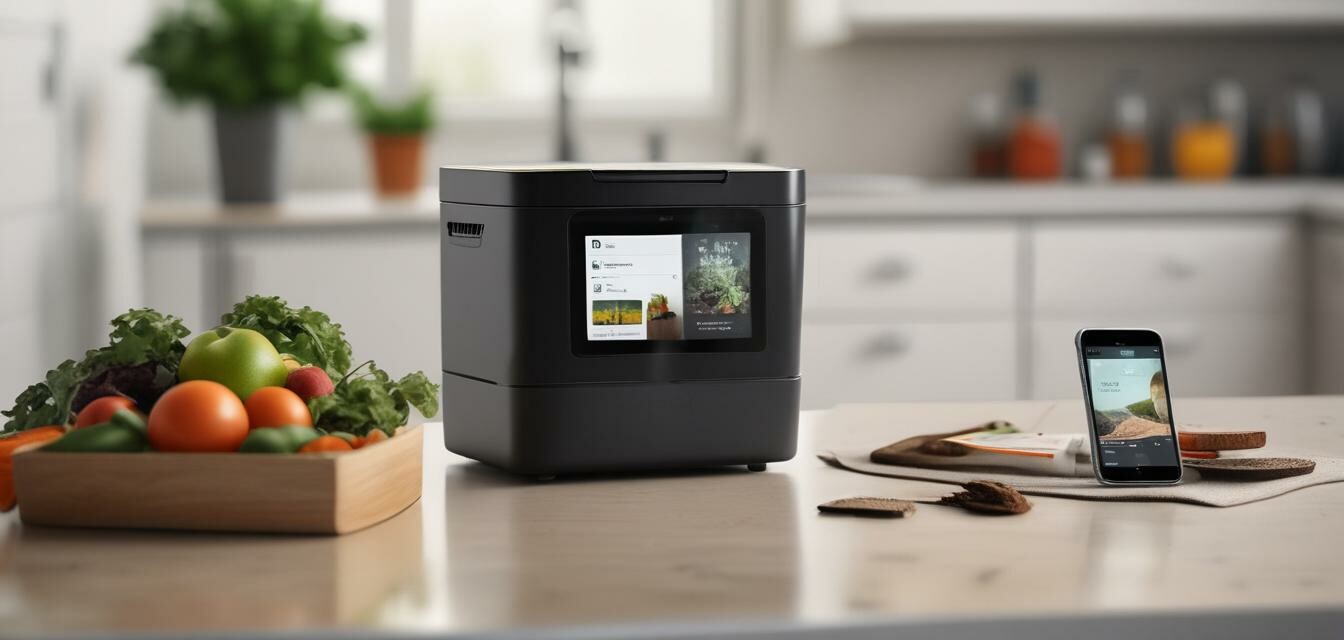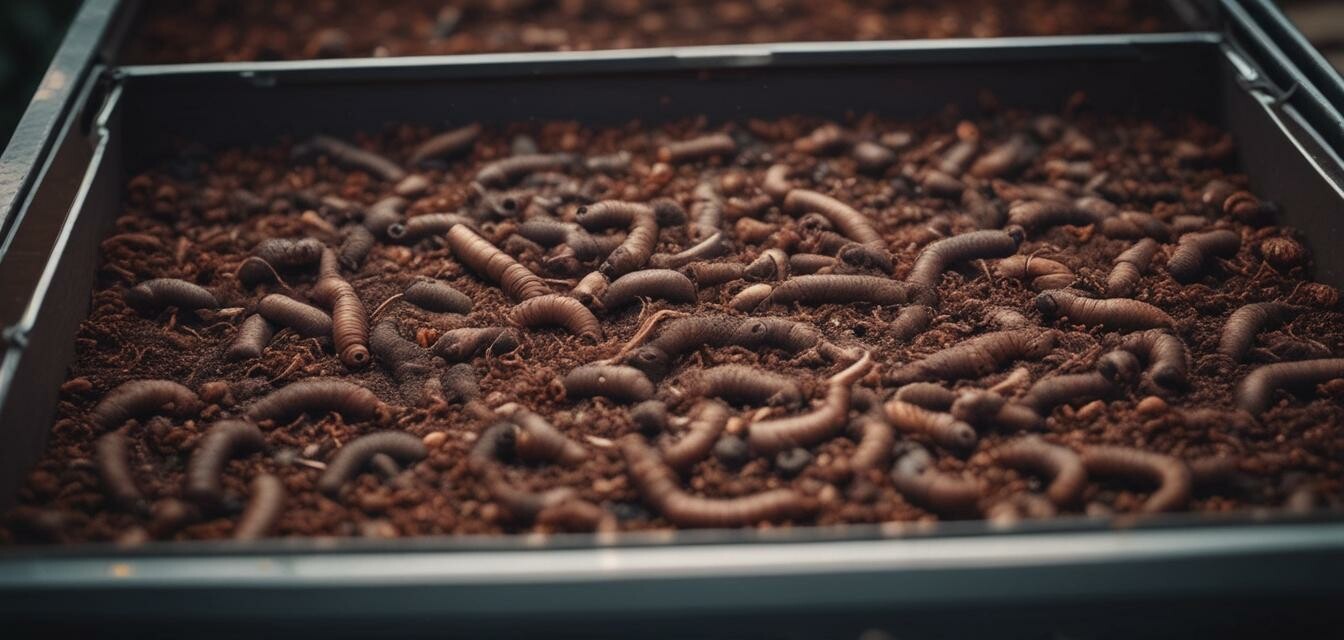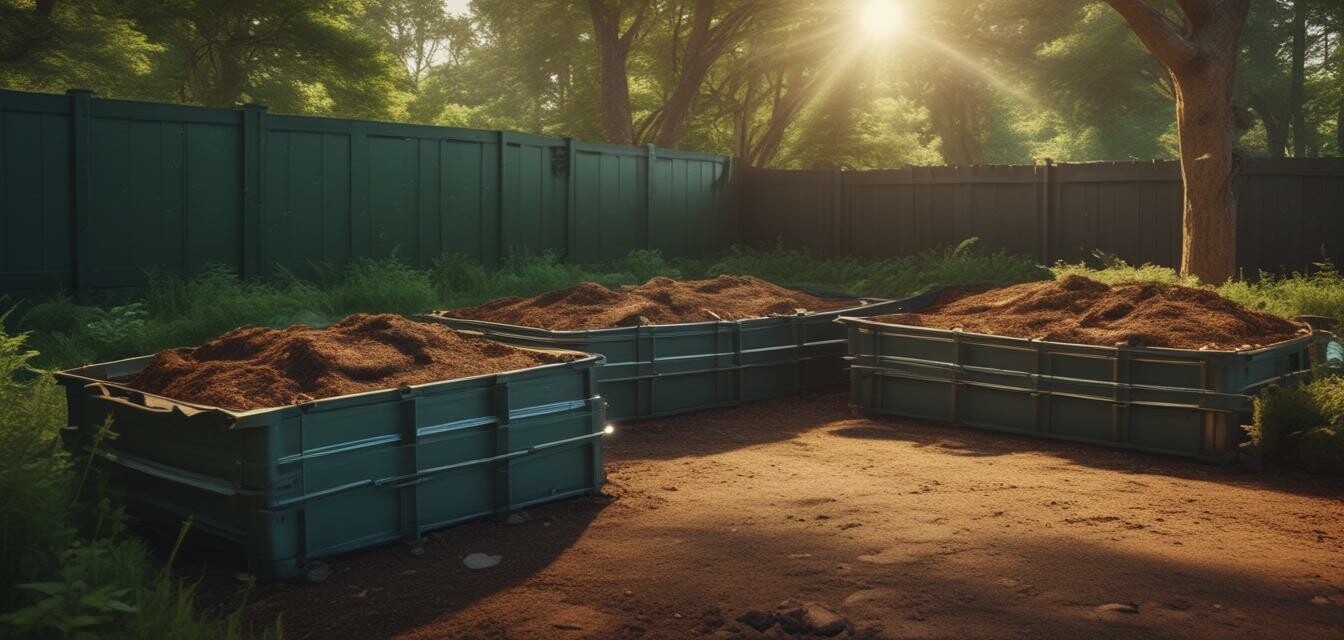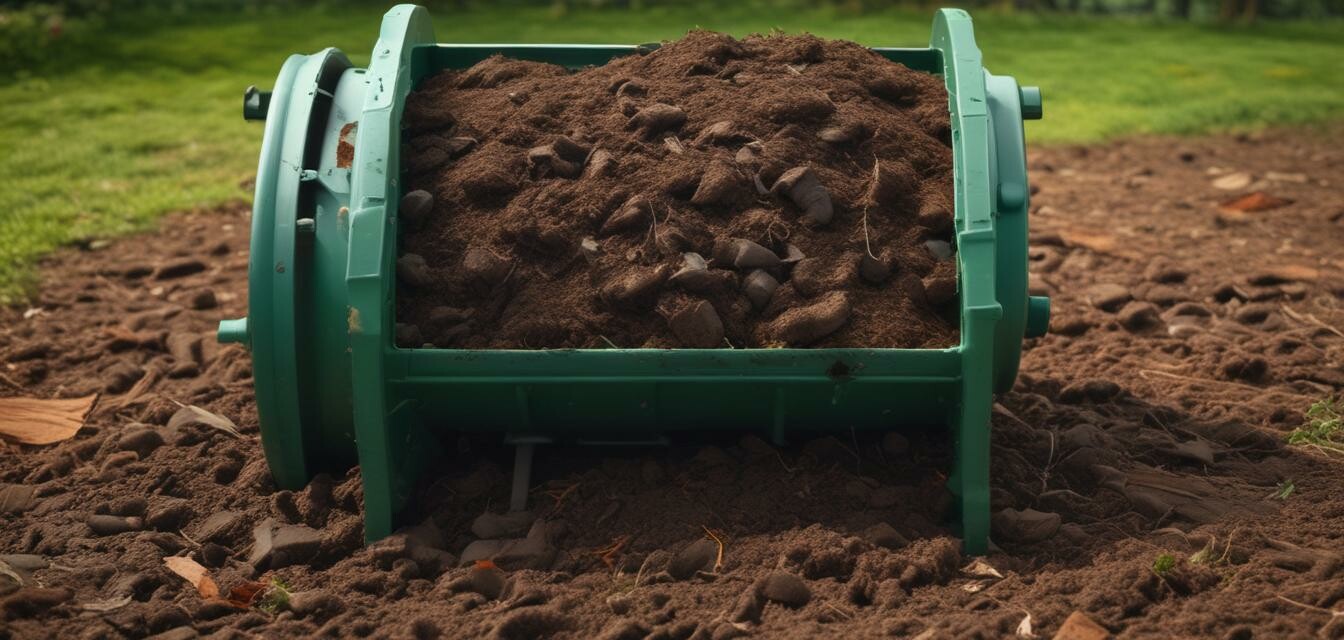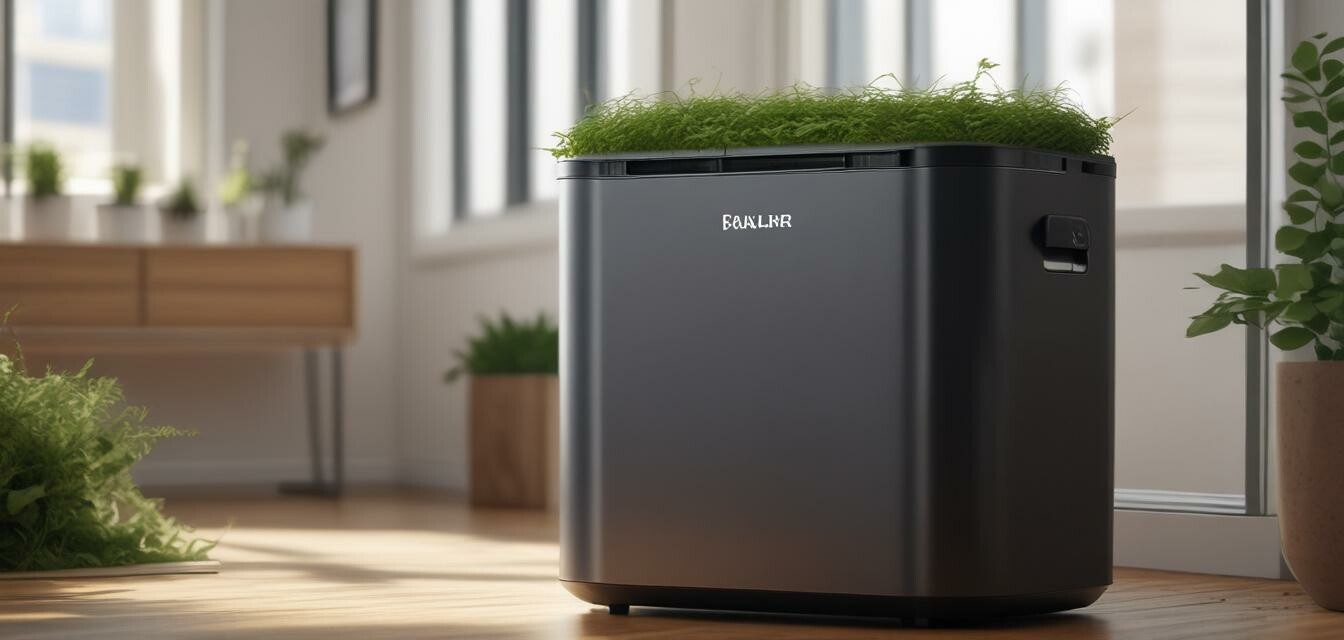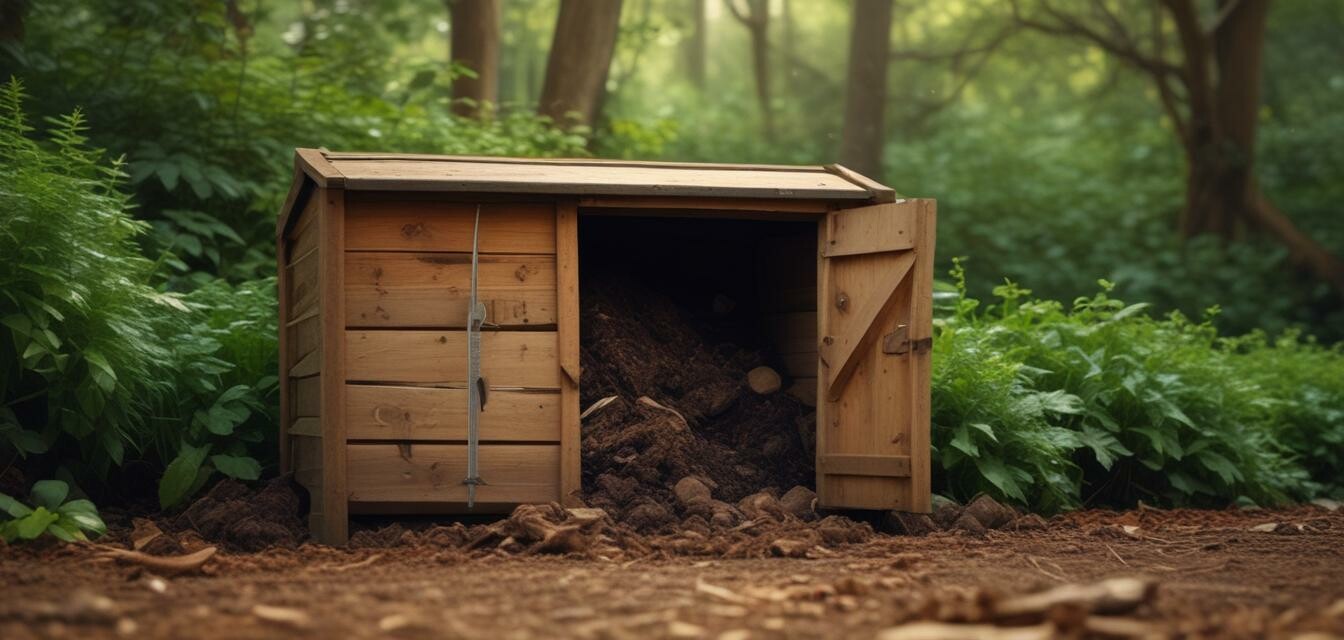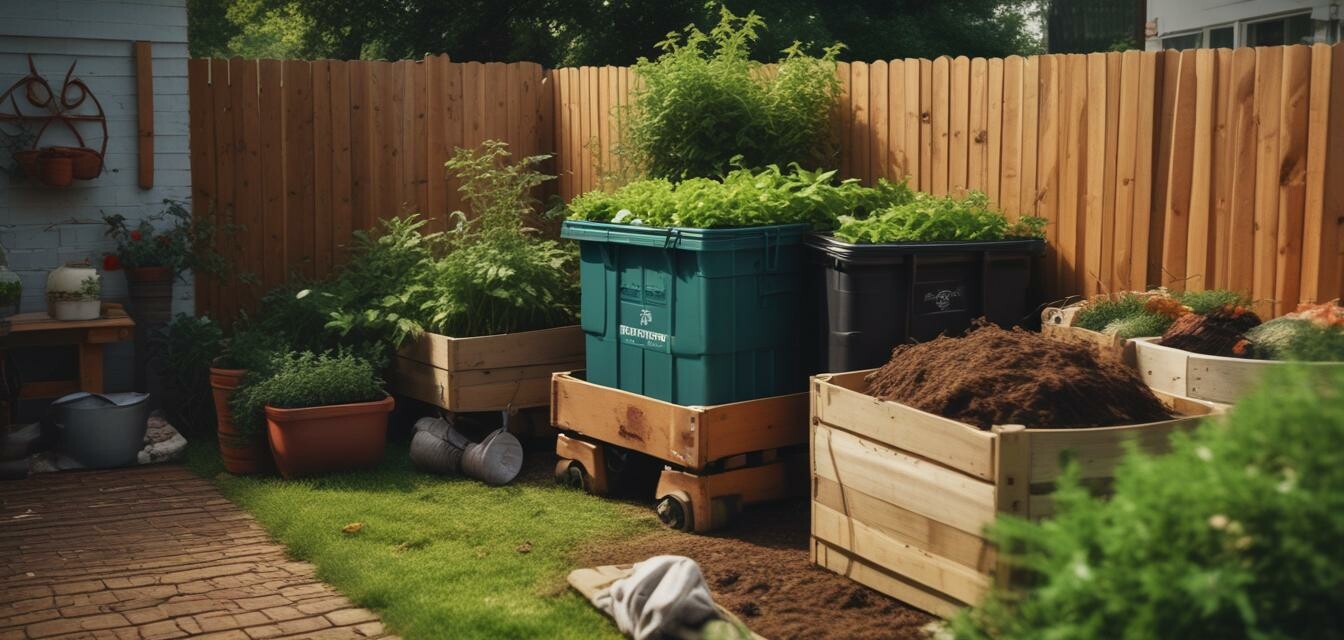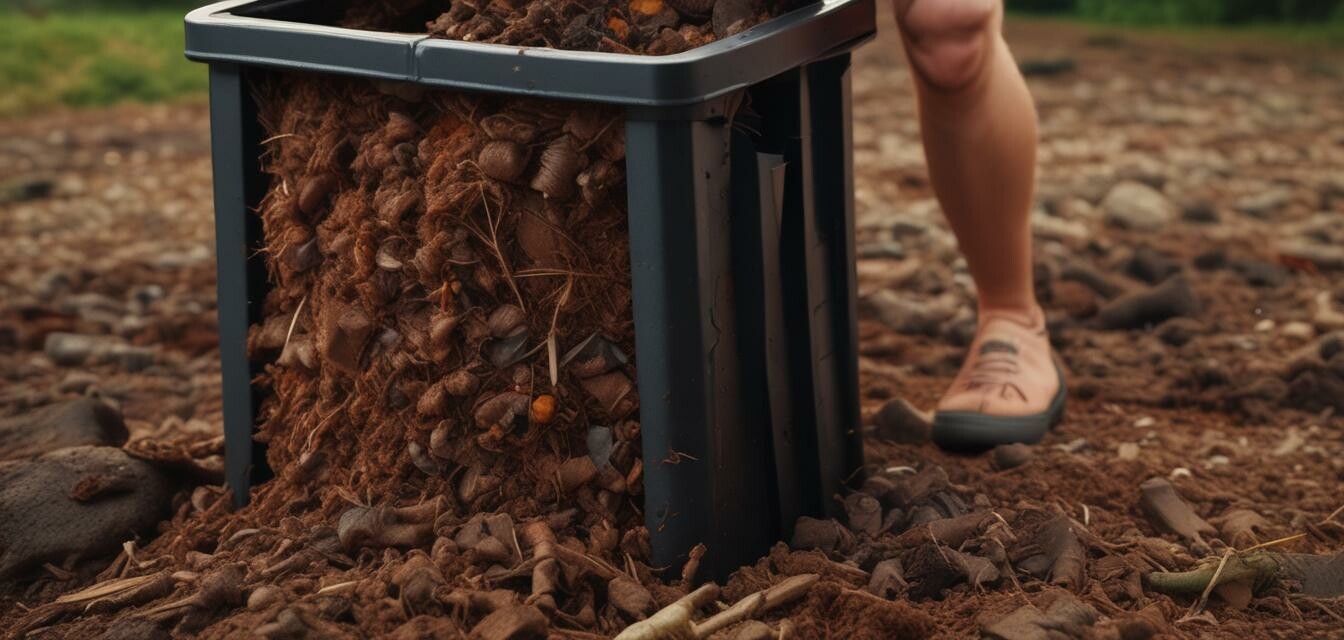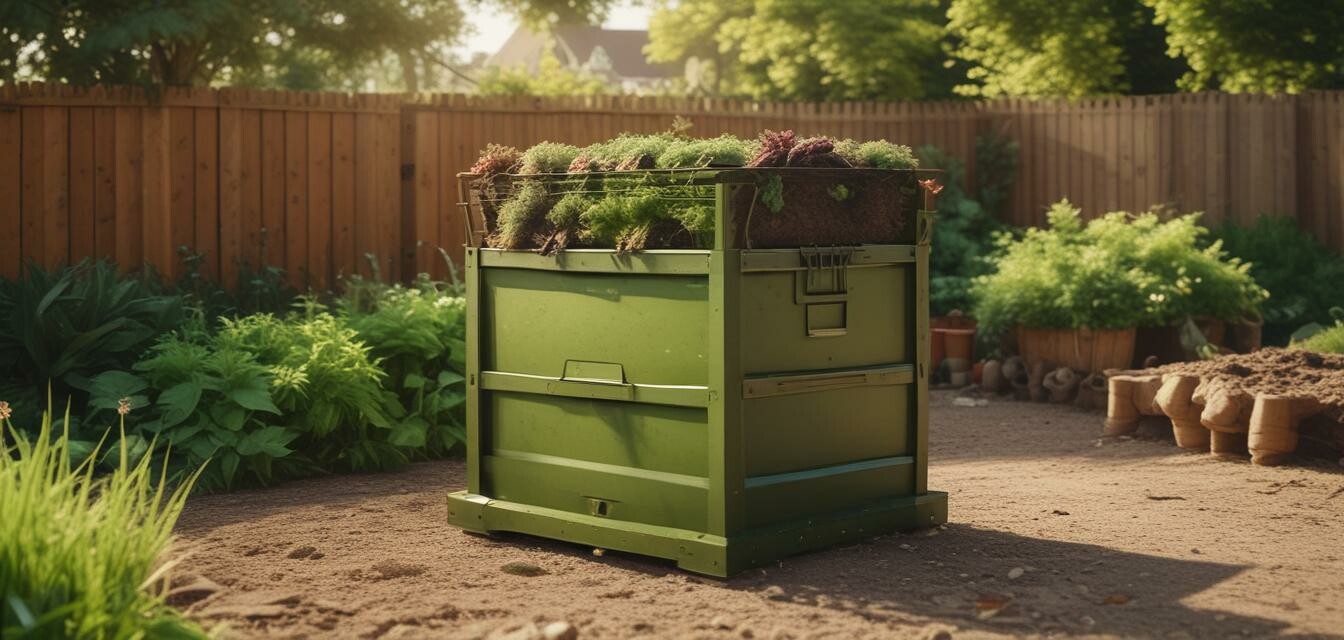
Open Air Composters: A Traditional Approach to Composting
Open air composters are a popular choice for those who prefer traditional composting methods. They offer a simple and effective way to turn your organic waste into nutrient-rich compost for your garden. In this article, we'll dive deeper into the world of open air composters and explore their benefits, features, and how they work.
Key Takeaways
- Open air composters are ideal for traditional composting methods
- They offer a simple and effective way to turn organic waste into compost
- Open air composters are cost-effective and environmentally friendly
What are Open Air Composters?
Open air composters are outdoor composting bins that allow you to compost your organic waste in the open air. They are typically made of durable materials like plastic, metal, or wood and come in a variety of shapes and sizes. Unlike indoor composters, open air composters do not have a lid or a closed system, which allows for better airflow and aeration.
How Do Open Air Composters Work?
| Step | Process |
|---|---|
| 1 | Add organic waste (food scraps, leaves, grass clippings) to the composter |
| 2 | Mix the waste regularly to ensure aeration and decomposition |
| 3 | Monitor the compost pile's temperature and moisture levels |
| 4 | Wait for the composting process to complete (usually 2-3 months) |
| 5 | Harvest the nutrient-rich compost for your garden |
Benefits of Open Air Composters
- Cost-effective: Open air composters are often less expensive than indoor composters or other types of composting systems.
- Environmentally friendly: Composting reduces waste sent to landfills and creates a natural fertilizer for your garden.
- Easy to maintain: Open air composters are simple to use and maintain, with minimal upkeep required.
- Versatile: Open air composters can be used for a variety of organic waste, including food scraps, leaves, and grass clippings.
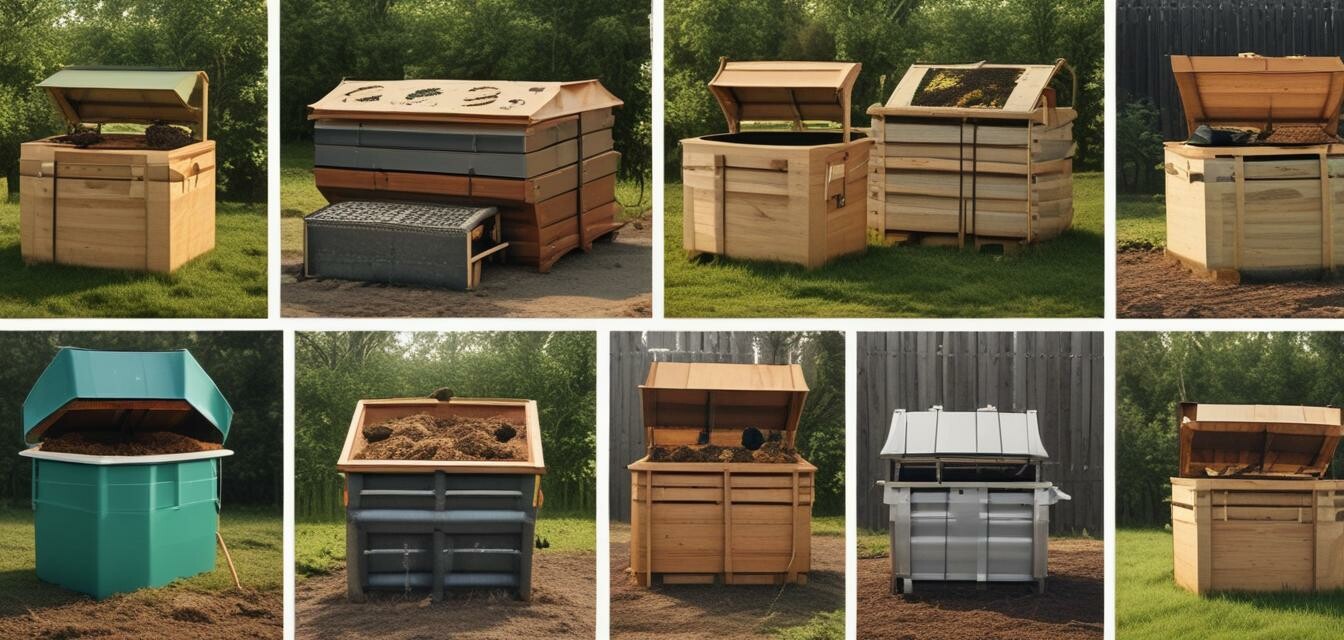
Types of Open Air Composters
There are several types of open air composters available, each with its own unique features and benefits. Some popular options include:
- Worm composting bins: Ideal for small spaces and vermicomposting (worm composting)
- Compost tumblers: Easy to turn and mix, with a compact design
- Bokashi composting: A fermentation-based composting method that uses microorganisms
- Smart composters: High-tech composters with features like temperature control and monitoring
Pros
- Cost-effective and environmentally friendly
- Easy to maintain and use
- Versatile and can be used for a variety of organic waste
Cons
- May attract pests or rodents
- Can be messy and unappealing
- May not be suitable for small spaces
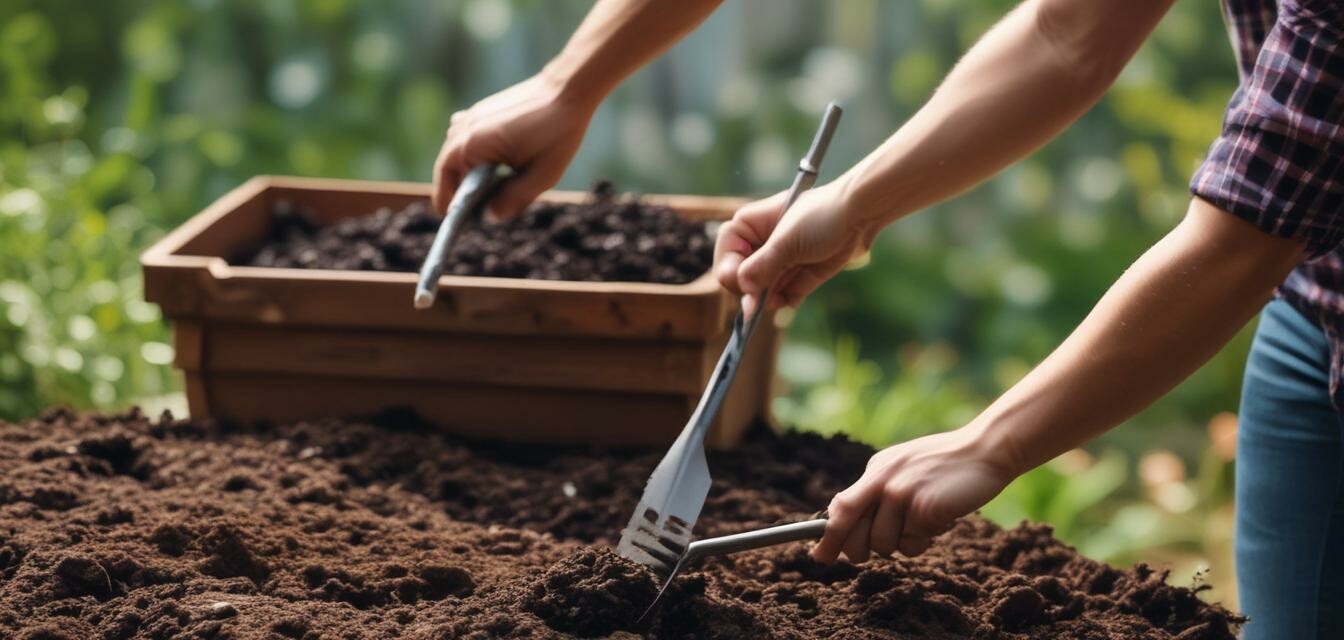
Beginners Tips for Open Air Composting
- Start small and gradually add more waste to your composter
- Mix the compost pile regularly to ensure aeration and decomposition
- Monitor the compost pile's temperature and moisture levels
- Be patient and wait for the composting process to complete
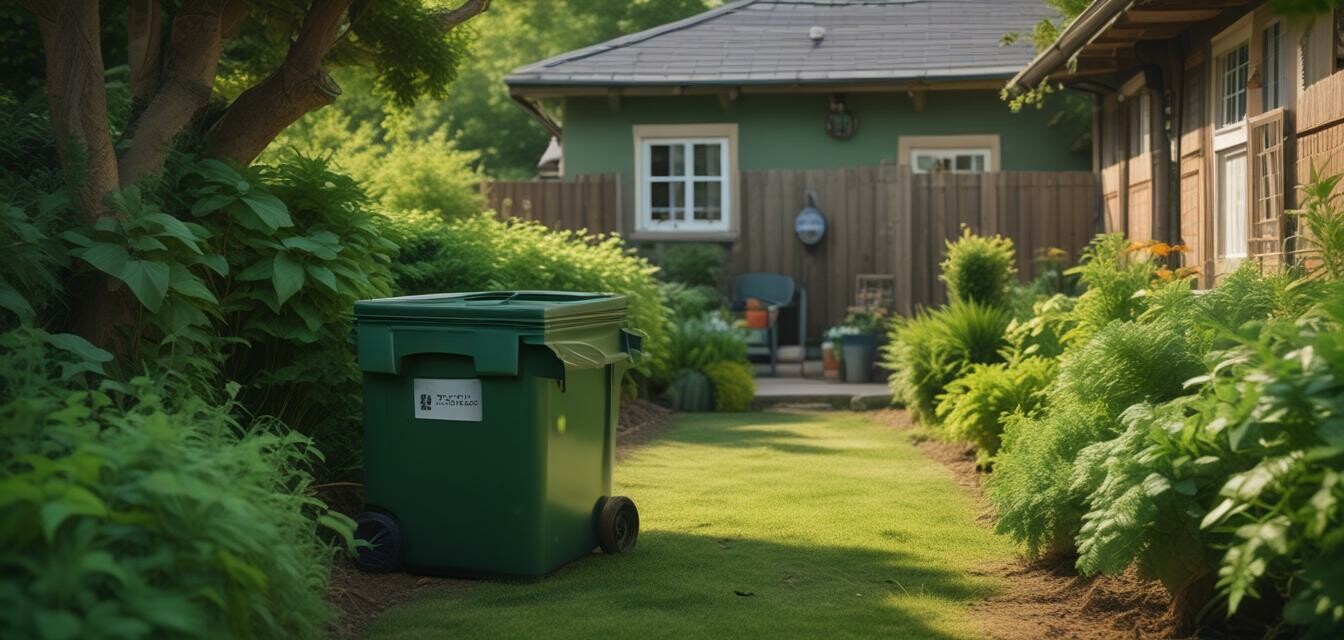
By following these tips and guidelines, you can successfully use an open air composter to turn your organic waste into nutrient-rich compost for your garden. Happy composting!
